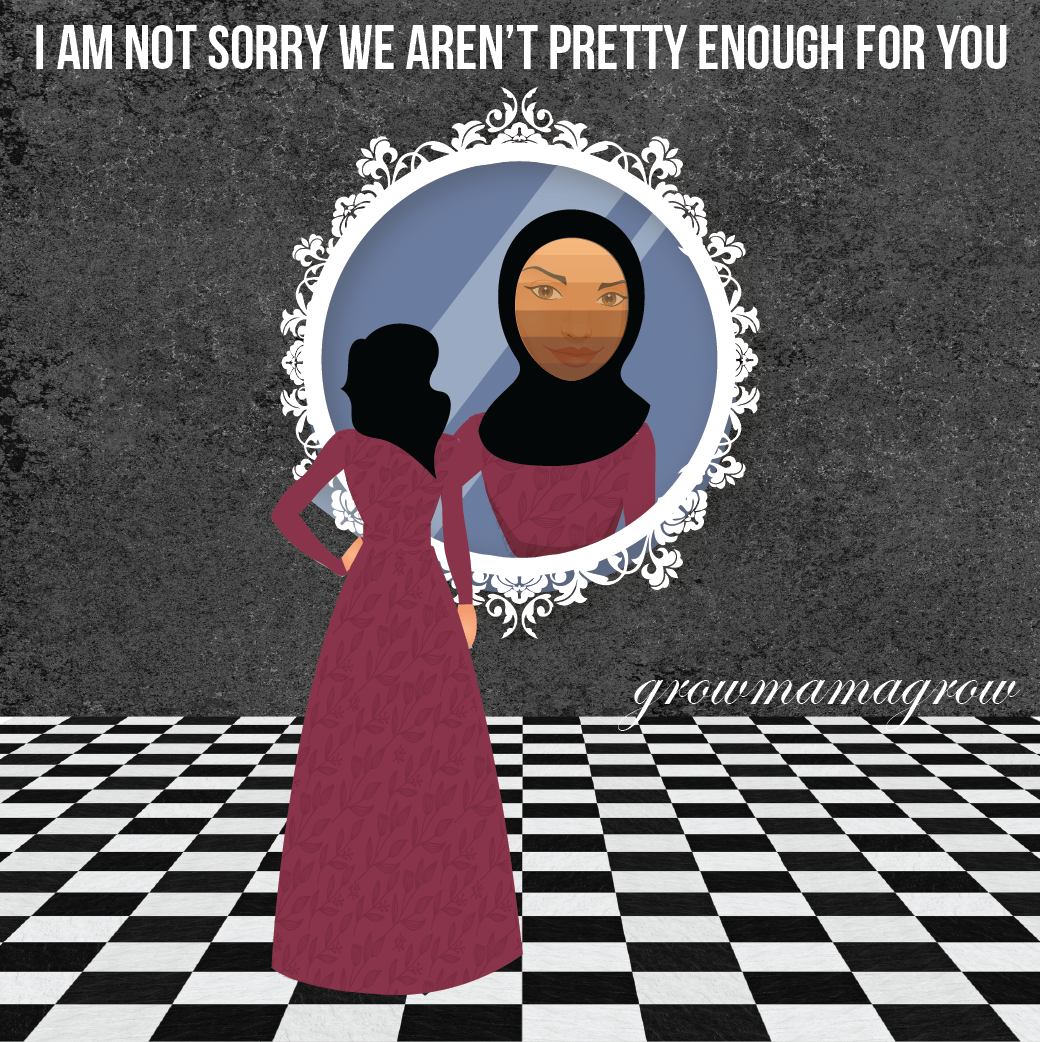Every time I walk into a store or pass by a television, I gingerly walk a minefield of tiaras, gallant princes, and Disney princesses. Their long flowing hair, beautiful voices, and sparkling eyes call out to us. My four-year-old daughter still does not know the difference between a princess and a bride, but even she stops in her tracks with a hypnotic, dreamy look when she catches a glimpse of Beauty and the Beast playing on the TVs at Costco. Ballroom dresses, long hair, and sparkles are wired into this kid’s genes–even without a TV.
I loved Disney movies as a child. But for as long as I can, I am hoping to keep my children away from them. Am I making a big deal about a harmless childhood fascination? Maybe. But as an American Muslim and a feminist, I want to protect my daughters from the life lessons they may learn from Aladdin, Snow White, and Sleeping Beauty: true love is the most important thing in life, heroines are always drop-dead gorgeous, and you will only be complete when the perfect guy swoops in to save your life. I want to see that incredulous gaze in her eyes, not when listening to a dead-end fairy tale, but when she hears stories of heroism, sacrifice, and struggle. I want her to know that a believing woman can have the strength of a thousand men.
Within the verses of the Quran and the history of the Islamic movement are rivers of stories waiting to be learned, reinterpreted, and told to our wide-eyed children. Recently, after listening to a lecture on tape, I sat for many moments afterward pondering the story of Bilqees, the Queen of Sheba, and Prophet Sulaiman.
It is a fairy tale in the most beautiful sense. A story for a little girl to live by…
(to be continued)
Maha Ezzeddine
Maha Ezzeddine lives in Houston, Texas with her husband and three daughters. She is a dedicated MAS worker, part-time writer, and creative homemaker.











